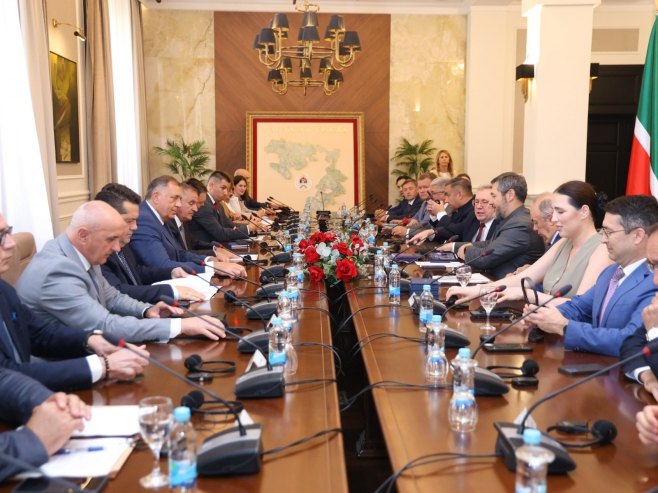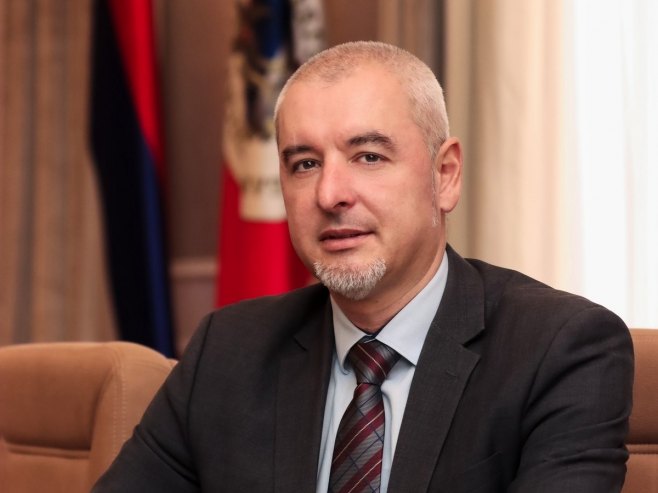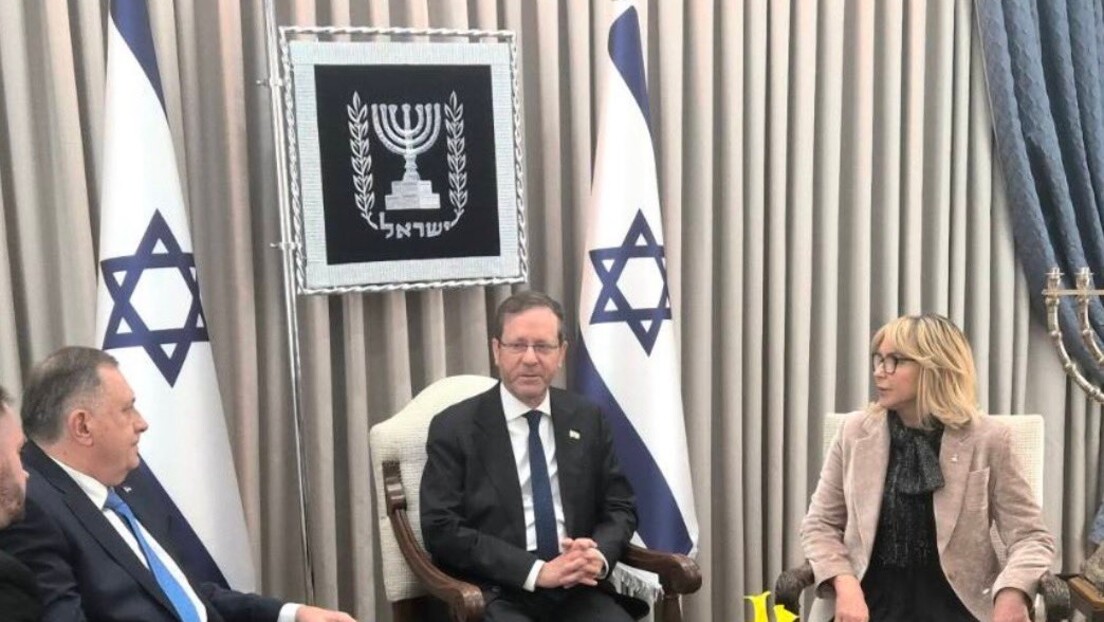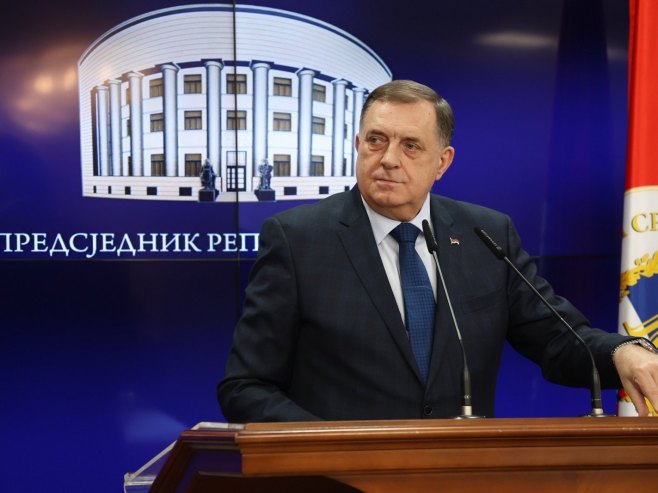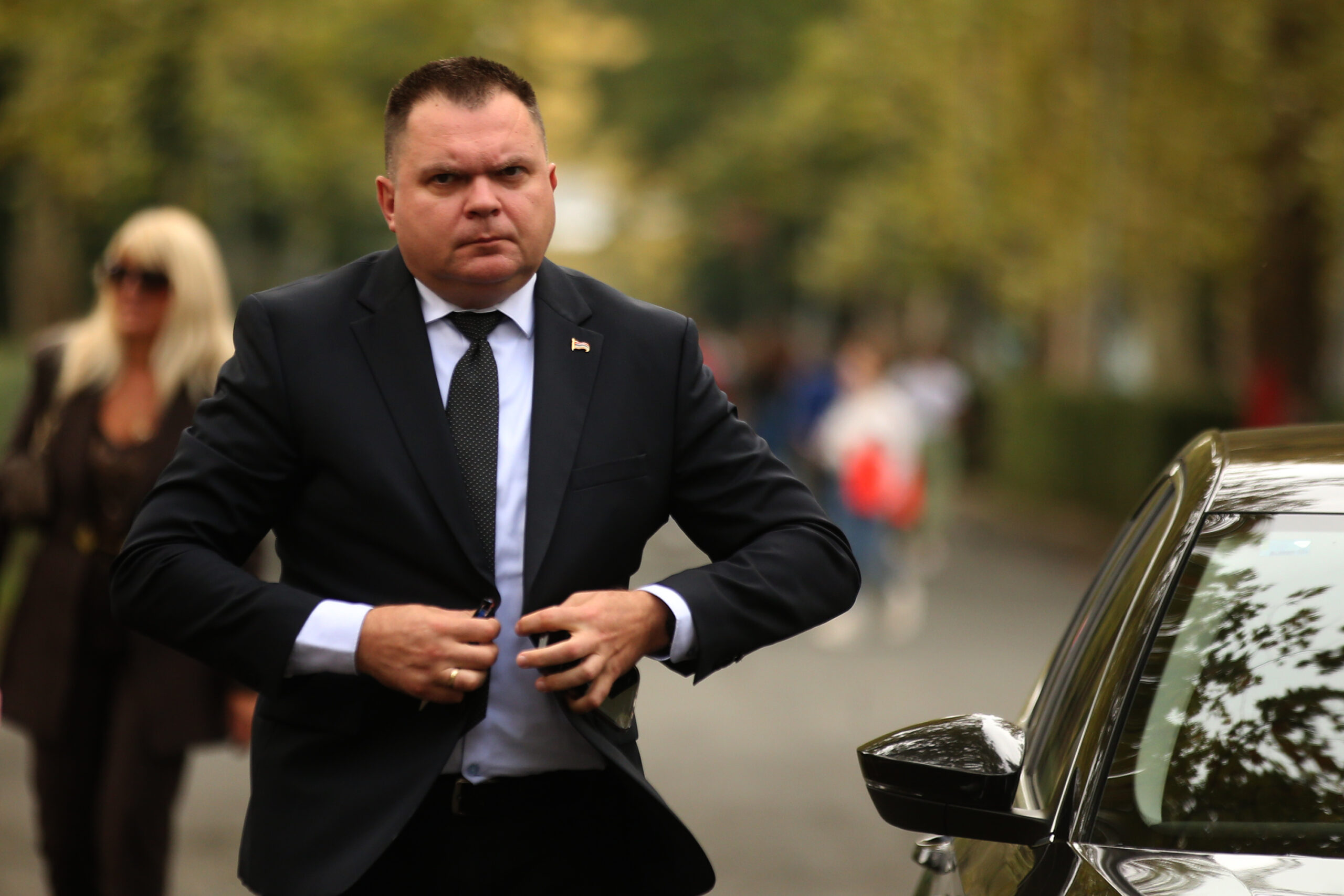A delegation from Tatarstan has begun a three-day visit to Republika Srpska with a meeting at the Palace of the Republic in Banja Luka.
The central focus of the visit is the economy and strengthening economic cooperation between the two republics. Both sides expressed readiness to deepen relations and implement joint projects. These will now be precisely defined, with implementation responsibilities already assigned—based on a previously signed protocol and a clearly outlined operational plan.
An opportunity not to be missed – Tatarstan is ready to work on numerous projects in Republika Srpska, and there is plenty of space for that. In fields vital to both republics, the best cooperation model will be agreed upon.
“Our cooperation with the Russian Federation and our close partner, the Republic of Tatarstan, is based on the fact that all of our projects aim to preserve good relations with Russia. This visit comes at a delicate moment—just as we are planning to strengthen our economic momentum. Despite operating in nearly impossible conditions, Republika Srpska has maintained GDP growth over the past six months, exceeding two percent,” said President of Srpska Milorad Dodik.
Economic indicators show that Tatarstan is the most economically developed region in Russia. It seeks cooperation with Republika Srpska, primarily in the field of industry, though culture, education, and youth will not be overlooked.
“Mayors of municipalities leading in industry and agriculture are part of our delegation. As tasked by President Putin, we aim to build strong economic ties between our regions,” said Oleg Korobchenko, Deputy Prime Minister of the Republic of Tatarstan.
Energy takes center stage for the Tatarstan delegation, particularly resources Srpska possesses or secures independently—like minerals and electricity.
“We can establish an energy base here, process metals, and carry out secondary metal processing. If we can connect to TurkStream and secure gas, we can even develop primary gas processing,” Korobchenko explained.
Even in challenging times, Republika Srpska has sought to maintain a high level of cooperation with the Russian Federation. “We have not abandoned friendly relations—even at the cost of pressure,” Dodik stated, adding that Srpska remains committed to a policy of non-alignment with sanctions against Russia and continues strengthening its ties with the Russian Federation. Within that context, cooperation with Tatarstan—Russia’s industrial leader—could be a driving force for economic development.
“Based on economic data, Republika Srpska can be the ‘younger brother,’ learning from the older on how to improve. Twenty years ago, our export coverage was 34 percent—today, it is 74 percent. Cooperation with Tatarstan will further boost these numbers and help us achieve our goal of reaching 30 billion KM in GDP by 2030. This year, we expect to surpass 19.5 billion KM,” Dodik stated.
Friends from Tatarstan are opening all doors for Srpska, and “we will be present wherever we are invited,” Dodik said.
“I believe there will no longer be any forum or fair without representatives from Republika Srpska. We will do everything to ensure that happens. We are truly grateful to our brothers from Tatarstan,” Dodik concluded.
Presentation of local business potential
During the visit, the Tatarstan delegation was introduced to the economic potential of Gradiška. They visited the city’s business zone and a major agricultural estate in the village of Laminci.
Due to its proximity to the EU border and favorable business conditions, Gradiška has an export-to-import ratio of over 100 percent—supported by both domestic and foreign investments. The local business community is fully open to cooperation with partners from Tatarstan, confirmed by Mayor Zoran Adžić and ministers from Republika Srpska.
Gradiška stands out as a city with record-breaking export coverage and numerous investments, making it an attractive location for future investments. The delegation visited several companies in the business zone and witnessed the city’s high-tech capabilities—many of which were supported by government incentives for new technologies.
“This is the beginning of talks with our friends from Tatarstan. In the coming period, we will explore the full potential of cooperation between business entities,” said Minister of Economy and Entrepreneurship, Vojin Mitrović.
The delegation also toured an agricultural estate in Laminci, where they were impressed by the agricultural potential of Republika Srpska and expressed interest in this sector as well.
Minister of Agriculture, Water Management, and Forestry Savo Minić stated that a concrete agreement is expected at tomorrow’s meeting at the Chamber of Commerce with the Tatarstan delegation, where agricultural producers from Srpska will also be present.
Source: RTRS



